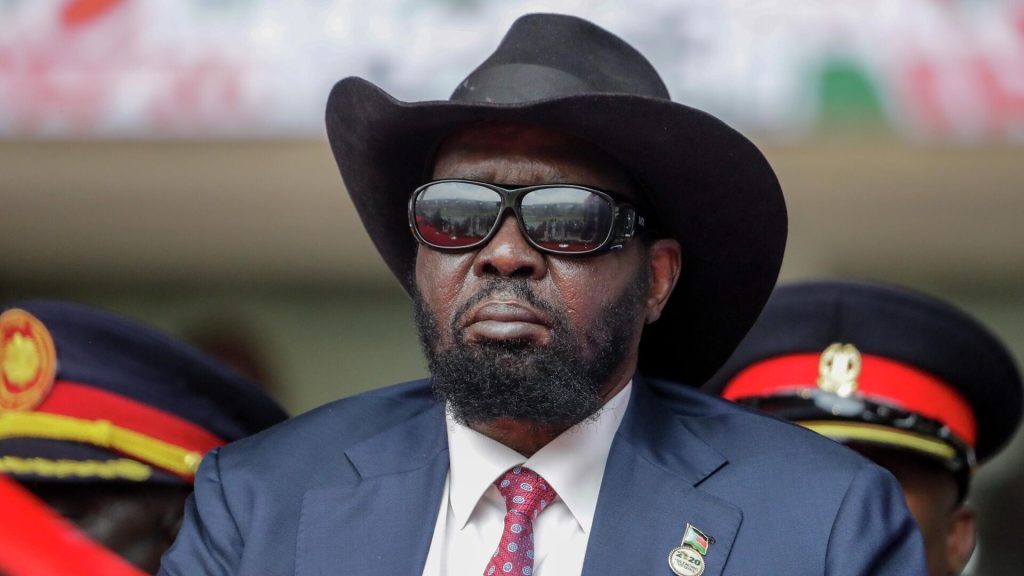President Salva Kiir of South Sudan has dismissed Finance Minister Marial Dongrin Ater, as announced by state-owned radio. This marks the seventh individual to be removed from the crucial finance portfolio since 2020. No official reason was provided for the sacking of Ater, who had only been in the role since July of this year. In a corresponding move, Athian Ding Athian, who previously held the position from 2020 to 2021, has been reinstated as the new finance minister. The president also fired the minister in charge of investment, signaling a broader cabinet reshuffle.
The frequent changes in economic leadership occur against a backdrop of severe and persistent economic challenges. The nation’s economy has been hampered by ongoing communal violence and a significant decline in crude oil export revenue, a critical income source. This downturn began with a devastating civil war from 2013 to 2018 and has been exacerbated more recently by export disruptions caused by the ongoing conflict in neighbouring Sudan.
International financial institutions paint a grim picture for the country’s near future. The International Monetary Fund (IMF) forecasts that South Sudan’s economy will contract by 4.3% in 2025, while inflation is projected to soar to a staggering 65.7%. This economic instability places immense pressure on the government and its management of the nation’s finances.
The political landscape remains volatile, further complicating the economic outlook. Earlier this year, First Vice President Riek Machar was placed under house arrest, raising fears of a return to widespread conflict. The government, represented by Information Minister Michael Makuei, accused Machar of agitating his supporters to rebel and disrupt peace efforts to prevent elections. Machar’s party has denied these allegations, creating a tense political stalemate as the nation grapples with its deepening economic crisis.














